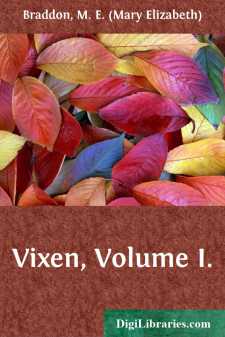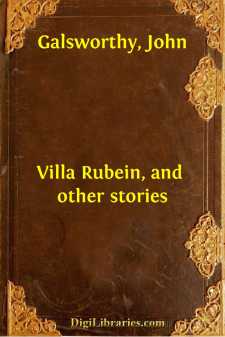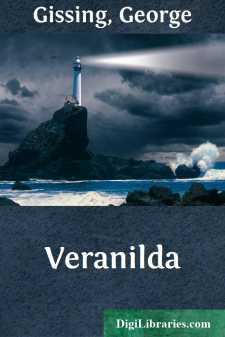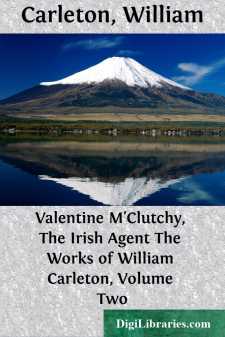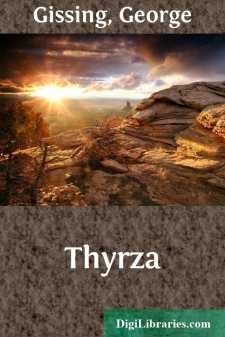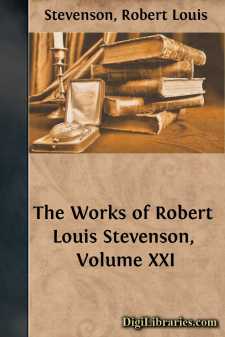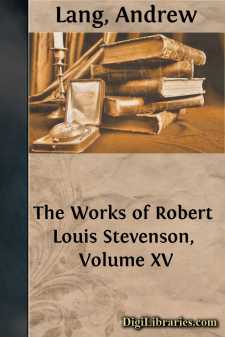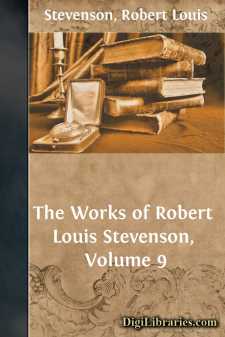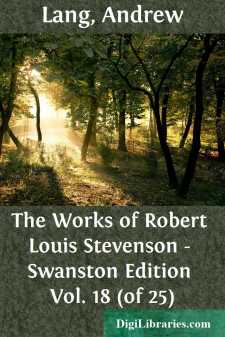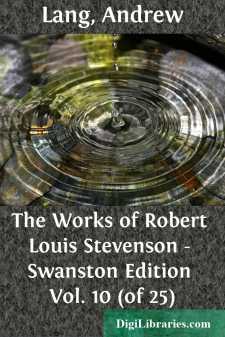Literary Collections
- American 84
- Ancient, Classical & Medieval 14
- Asian 1
- Australian & Oceanian 1
- Canadian 55
- Continental European 121
- English, Irish, Scottish, Welsh
- Essays 160
- General 24
- Letters 46
- Middle Eastern 1
English, Irish, Scottish, Welsh Books
Sort by:
CHAPTER I. The moon had newly risen, a late October moon, a pale almost imperceptible crescent, above the dark pine spires in the thicket through which Roderick Vawdrey came, gun in hand, after a long day's rabbit-shooting. It was not his nearest way home, but he liked the broad clearing in the pine wood, which had a ghostly look at dusk, and was so still and lonely that the dart of a squirrel...
more...
by:
John Galsworthy
PREFACE Writing not long ago to my oldest literary friend, I expressed in a moment of heedless sentiment the wish that we might have again one of our talks of long-past days, over the purposes and methods of our art. And my friend, wiser than I, as he has always been, replied with this doubting phrase "Could we recapture the zest of that old time?" I would not like to believe that our faith in...
more...
by:
George Gissing
CHAPTER I Seven years long had the armies of Justinian warred against the Goths in Italy. Victor from Rhegium to Ravenna, the great commander Belisarius had returned to the East, Carrying captive a Gothic king. The cities of the conquered land were garrisoned by barbarians of many tongues, who bore the name of Roman soldiers; the Italian people, brought low by slaughter, dearth, and plague, crouched...
more...
by:
William Carleton
CHAPTER I.—An Irish Pair and Spoileen Tent —A Marriage Proposal—An Under Agent—An Old Irish Squire and Union Lord. The town of Castle Cumber it is not our intention to describe at more length than simply to say, that it consists of two long streets, intersecting each other, and two or three lanes of cabins—many of them mud ones—that stretch out of it on each side at right angles. This...
more...
by:
George Gissing
AMONG THE HILLS There were three at the breakfast-table—Mr. Newthorpe, his daughter Annabel, and their visitor (Annabel's Cousin), Miss Paula Tyrrell. It was a small, low, soberly-furnished room, the walls covered with carelessly-hung etchings and water-colours, and with photographs which were doubtless mementoes of travel; dwarf bookcases held overflowings from the library; volumes in disorder,...
more...
CHAPTER I INTRODUCES THE ADMIRAL When Dick Naseby was in Paris he made some odd acquaintances, for he was one of those who have ears to hear, and can use their eyes no less than their intelligence. He made as many thoughts as Stuart Mill; but his philosophy concerned flesh and blood, and was experimental as to its method. He was a type-hunter among mankind. He despised small game and insignificant...
more...
by:
Andrew Lang
ACT I TABLEAU I The Double Life The Stage represents a room in the Deacon’s house, furnished partly as a sitting-, partly as a bed-room, in the style of an easy burgess of about 1780. C., a door; L.C., second and smaller door; R.C., practicable window; L., alcove, supposed to contain bed; at the back, a clothes-press and a corner cupboard containing bottles, etc. Mary Brodie at needlework; Old...
more...
THE FOREIGNER AT HOME “This is no’ my ain house; I ken by the biggin’ o’t.” Two recent books, one by Mr. Grant White on England, one on France by the diabolically clever Mr. Hillebrand, may well have set people thinking on the divisions of races and nations. Such thoughts should arise with particular congruity and force to inhabitants of that United Kingdom, peopled from so many different...
more...
by:
Andrew Lang
CHAPTER I AN ISLAND LANDFALL For nearly ten years my health had been declining; and for some while before I set forth upon my voyage, I believed I was come to the afterpiece of life, and had only the nurse and undertaker to expect. It was suggested that I should try the South Seas; and I was not unwilling to visit like a ghost, and be carried like a bale, among scenes that had attracted me in youth and...
more...
by:
Andrew Lang
CHAPTER I IN WHICH JOHN SOWS THE WIND John Varey Nicholson was stupid; yet stupider men than he are now sprawling in Parliament, and lauding themselves as the authors of their own distinction. He was of a fat habit, even from boyhood, and inclined to a cheerful and cursory reading of the face of life; and possibly this attitude of mind was the original cause of his misfortunes. Beyond this hint...
more...


